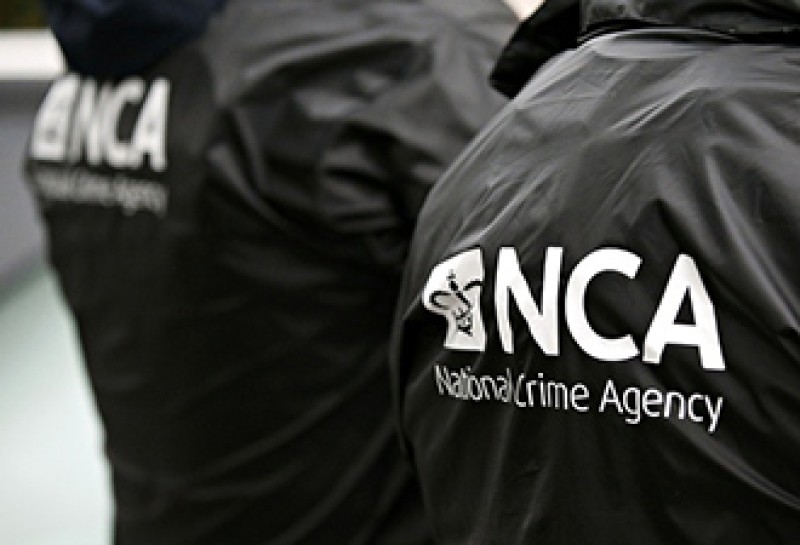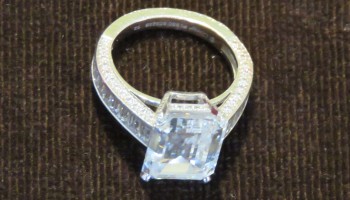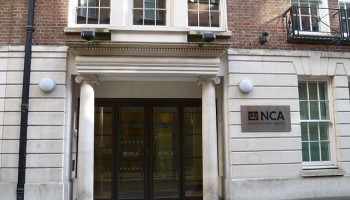It is the second time the UK is using a new law that was introduced last year in an effort to tackle illicit financing and money laundering.
The so-called Unexplained Wealth Order (UWO) allows authorities to confiscate assets that owners cannot explain how they paid for.
The three properties targeted by the UWOs are located in prime London locations and are valued at more than US $101 million. They are owned by offshore companies.
“The individuals behind these offshore companies now have to explain how the three properties were obtained,” Andy Lewis, Head of Asset Denial at the NCA, said in the press release.
In the meantime, Interim Freezing Orders have been issued to prevent the properties from being sold, transferred, or dissipated during the course of the investigation.
The Unexplained Wealth Orders “are a powerful tool in being able to investigate illicit finance flowing into the UK and discourage it happening in the first place,” Lewis added.
The UK’s High Court first issued a UWO in February 2018, targeting two London properties belonging to the jailed Azerbaijani banker Jahangir Hajiyev and his wife Zamira Hajiyeva.
The immense wealth laying behind these properties was highlighted this week as records of Mrs. Hajiyeva’s shopping sprees at the department store Harrods were obtained by The Guardian and shared with OCCRP.
According to the documents, between 2006 and 2016, Hajiyeva spent more than $20 million at the store on a variety of goods. Approximately $6.2 million was spent on luxury jewelry, while more than $40,000 was spent on Godiva chocolates.
In the store’s sandwich cafe she racked up a bill of nearly $419,000.
Cases like these are likely not unique. Transparency International claims to have identified approximately $5.6 billion worth of property in the UK that has been purchased with questionable funds and could be subject to UWOs.
Anti-corruption groups hope that the increased use of new tools such as these will help curb the use of the British property market as a safe haven for illicit funds.






